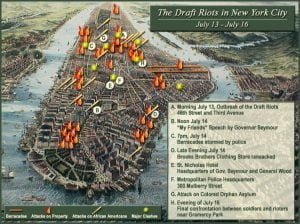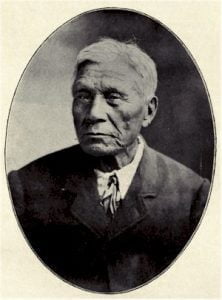James Webster Smith – Henry Flipper
James Webster Smith, a native of South Carolina, was appointed to a cadetship at the United States Military Academy at West Point, New York, in 1870, by the Hon. S. L. Hoge. He reported, as instructed, at the Military Academy in the early summer of 1870, and succeeded in passing the physical and intellectual examination prescribed, and was received as a “conditional cadet.” At the same time one Howard reported, but unfortunately did not succeed in “getting in.” In complexion Smith was rather light, possibly an octoroon. Howard, on the contrary, was black. Howard had been a student at Howard … Read more



